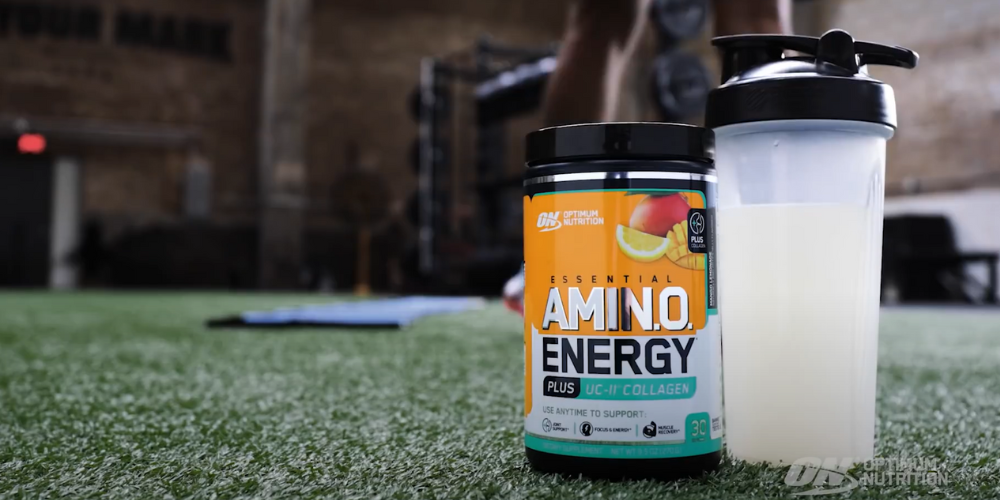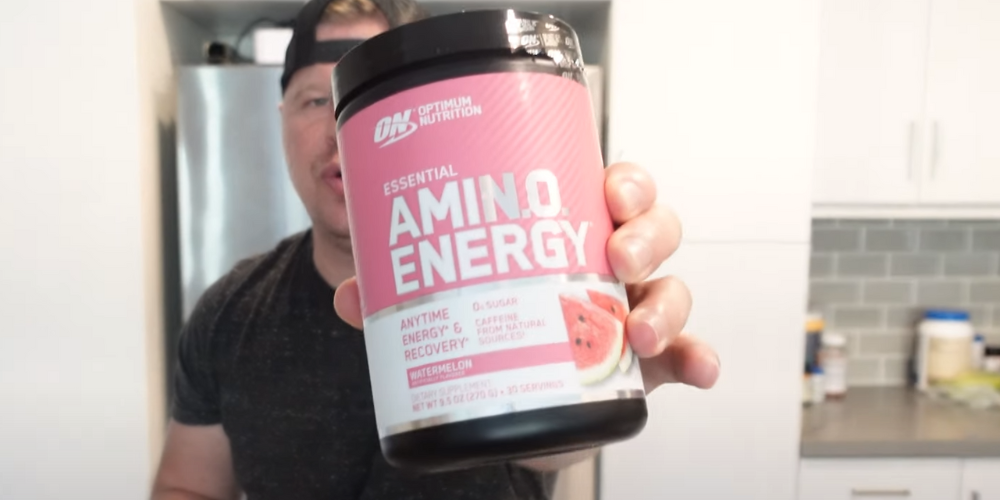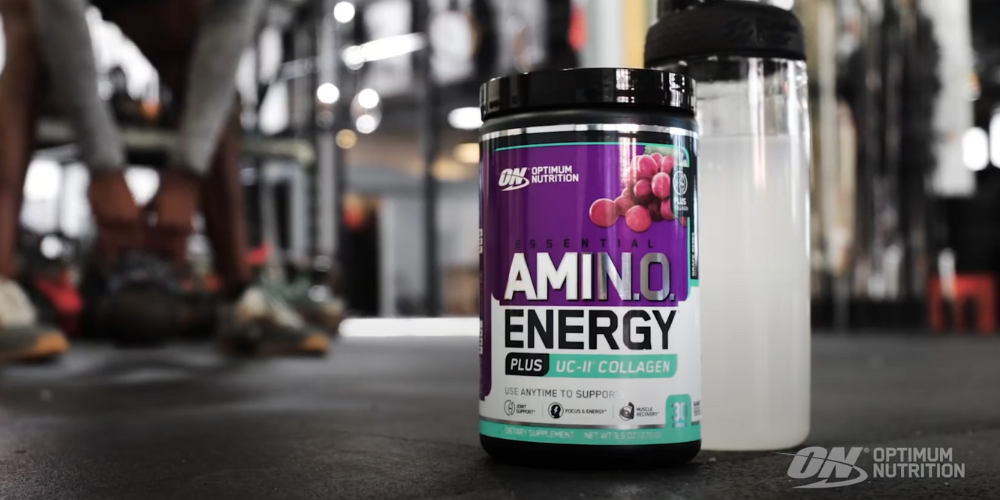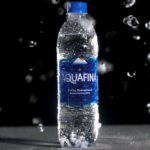If you’re someone who’s into fitness and working out, you’ve probably heard of Amino Energy – a popular pre-workout supplement that promises to boost energy levels, improve focus, and aid workout recovery. But the question that lingers in many minds is, “Is Amino Energy good for you?” In this blog post, we will examine the benefits and risks of this widely-used supplement, backed by factual data and scientific research.
What is Amino Energy?

Amino Energy is a supplement that provides both energy and muscle recovery benefits. It contains 100 mg of caffeine per serving, sourced from coffee beans and/or tea leaves, which gives you a boost of energy. Additionally, it contains 5 grams of amino acids, which contribute to muscle recovery and growth.
This product is designed to support lean muscle growth, enhance exercise performance, and reduce feelings of soreness after a workout. By including electrolytes like magnesium, potassium, and sodium, Amino Energy also helps with hydration during exercise.
Overall, Amino Energy is a comprehensive supplement that combines caffeine, amino acids, and electrolytes to support energy and muscle recovery.
Is Amino Energy Good For You?
Amino Energy is a popular pre-workout supplement that has gained popularity among fitness enthusiasts looking for an energy boost. One of its standout features is its unique blend of amino acids and caffeine. The amino acids in this drink help improve muscle recovery and synthesis, while the caffeine boosts energy and focus.
Additionally, some studies suggest that increasing protein intake, which can be achieved through Amino Energy, may promote weight loss by boosting metabolism and reducing appetite. However, it is important to note that the effectiveness and safety of Amino Energy may vary from person to person. It’s best to talk to a healthcare professional before adding any new supplements to your routine.
Amino Energy Nutrition Facts
I was curious about the nutrition facts and what kind of benefits I could expect from this drink. Here’s what I found:

Firstly, each 250 ml can contain only 10 kcal, which is great for those trying to watch their calorie intake. However, it still provides 48 kJ of energy, which can help boost you.
What makes Amino Energy stand out, though, is its impressive blend of amino acids. With 3125 mg per can, it provides a wide range of benefits for your body. Taurine, for instance, is known for its ability to improve athletic performance, while L-Glutamine can help reduce muscle soreness and improve recovery time.
In addition, Amino Energy contains 2000 mg of Branched Chain Amino Acids (BCAAs), known for their ability to help build and repair muscles. Specifically, it includes L-Leucine, L-Isoleucine, and L-Valine, all essential for promoting muscle growth and recovery.
Finally, Amino Energy packs a punch with 100 mg of caffeine per can, which can help improve mental alertness and focus. This makes it an excellent option for people who need a quick pick-me-up during a long day or before a tough workout.
How Does The Caffeine Content In Amino Energy Compare To That In Other Popular Energy Drinks And Pre-Workout Supplements?
When it comes to caffeine content, the Amino Energy drink from Optimum Nutrition contains a moderate 100mg of naturally occurring caffeine per 12 fl. oz can. Amino Energy contains significantly less caffeine than other popular energy drinks, like Red Bull and Monster. Red Bull contains 80mg of caffeine per 8.4 fl. oz can, while Monster contains 160mg per 16 fl. oz. Compared to pre-workout supplements, Amino Energy also has a lower caffeine content. Many pre-workout supplements contain caffeine ranging from 150 to 400mg per serving.
It is worth noting that the caffeine content in Amino Energy may not be as potent as other energy drinks or pre-workout supplements. However, it still provides a suitable boost for daily activities and post-workout recovery. It is important to monitor overall caffeine consumption to avoid negative health effects.
Is It Safe To Drink Amino Energy Drink Every Day?

It is generally safe to drink Amino Energy Drink every day as it contains only 100mg of caffeine, 5 calories, and 5g of amino acids. The caffeine content is sourced from natural sources like tea leaves and coffee beans, making it a relatively healthier option than other caffeine varieties. A can of Amino Energy Drink also contains no significant amount of saturated fat, trans fat, cholesterol, dietary fiber, added sugars, vitamin D, calcium, iron, and potassium.
Amino Energy Drink’s amino blend, a mixture of essential amino acids, is supposed to help with the protein-building process of muscles. However, excessive intake of BCAAs in the amino blend can trigger side effects like nausea, pain, and headaches. It’s important to note that certain people, like pregnant or nursing women or those with a medical condition, should consult a doctor before drinking Amino Energy Drink.
Overall, Amino Energy Drink can be consumed daily in moderation, especially for those who are into fitness and sports, as it also contains electrolytes that can help replenish lost minerals during exercise.
Can drinking Amino Energy cause any side effects?
Amino Energy can be a great source of energy, but when excessive consumption may lead to side effects such as headaches, increased heart rate, insomnia, and high blood pressure, all of which are associated with excessive caffeine intake.
Amino Energy contains several important ingredients, such as acids, preservatives, artificial sweeteners, sucralose, and Acesulfame potassium. These artificial sweeteners make Amino Energy sugar-free, preventing weight gain and reducing the risk of diabetes while providing a moderate dose of caffeine, perfect for those with low caffeine tolerance.
Amino Energy also includes beneficial nutrients such as BCAAs, which can improve muscle health, and other components like nitric oxide, tyrosine, methionine, and phenylalanine. On the downside, excessive consumption of Amino Energy may result in neurological consequences, especially in adolescents and children.
Additionally, the product contains artificial sweeteners, the suggested daily consumption of which should not exceed 9 mg/kg of body weight for sucralose and 15 mg/kg in 24 hours for Ace-K to avoid any adverse effects.
In conclusion, while Amino Energy has numerous benefits, one should consume it moderately while paying attention to the suggested daily limits of its artificial ingredients, preventing potentially harmful side effects.
5 Alternatives to Amino Energy Drink That You’ll Love
Several amino energy drink alternatives in the market contain essential amino acids, natural caffeine sources, various vitamins, and minerals and are sugar-free. Here are 5 Alternatives to Amino Energy Drink:
- Ronnie Coleman Signature Amino Tone + Energy: If you’re looking for a powdered supplement mix that provides the benefits of amino acids, natty caffeine, herbal supplements, and a stim-free fat loss complex, look no further than Ronnie Coleman Signature Amino Tone + Energy. Designed to support muscle endurance and recovery, this product is perfect for athletes who want to achieve serious goals.
- Advocare Spark: Advocare Spark is a popular energy drink that doubles as an FDA-approved pre-workout drink. It offers a great way to power through your afternoon energy slump. While it’s a reliable option, some individuals may have reasons for wanting to explore alternatives to the Advocare brand.
- Natural Sources of Caffeine: For performance athletes with specific recovery and reps goals, opting for a superior formulation that includes natural sources of caffeine might be a better choice. By selecting a supplement that derives its caffeine from natural sources, you can still enjoy the benefits of increased energy and focus without the drawbacks of synthetic stimulants.
- Non-Stimulant Fat Burning Complex: If you’re on a cutting cycle or engaged in active competition prep, you need a supplement that supports your goals without interfering with your progress. Look for alternatives that offer a non-stimulant fat burning complex. These formulations help your body burn fat efficiently while avoiding the potential negative effects of stimulants.
- Hydration Blend: Staying properly hydrated is crucial for optimal performance. Some alternatives to amino energy drinks come with a hydration blend as an added bonus. These blends provide essential electrolytes and minerals to keep you hydrated during intense workouts. Opting for a supplement that covers all your bases can make a significant difference in your overall performance and recovery.
FAQs
How Does Amino Energy Achieve These Benefits?
Amino Energy is a popular pre-workout supplement that claims to enhance energy levels, improve focus, and aid in workout recovery.
Can Amino Energy Contribute To Weight Loss?
Some studies suggest that increasing protein intake, which is achieved through consuming amino acids, can promote weight loss by boosting metabolism and reducing appetite. The amino acids in Amino Energy can lead to these effects.
How Does Amino Energy Help With Muscle Building And Recovery?
Amino Energy contains a unique blend of amino acids, including branched-chain amino acids (BCAAs), which are known for their muscle-building properties. These amino acids play a vital role in repairing and building muscles, reducing muscle soreness, and accelerating recovery after intense workouts.
Does Amino Energy Contain Creatine Supplements?
According to the Optimum Nutrition Amino Energy ingredient label on Amazon.com, this supplement does not contain creatine. The ingredients in Amino Energy include Amino Acids, caffeine, Green Tea, Green Coffee Bean Extract, and Beta-Alanine. The Amino Acid doses are contained within a blend, so the individual doses of each ingredient are unknown, but the total dose of the blend is 5 grams per serving.
References:




